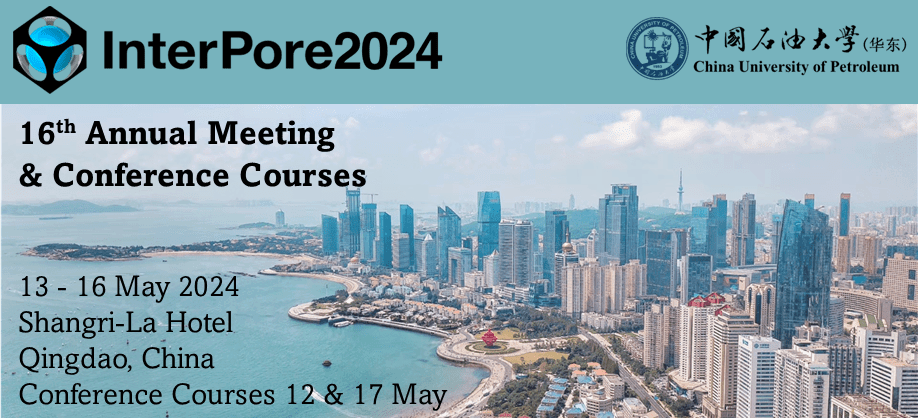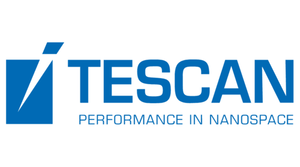Speaker
Description
Abstract
In recent times given the wealth of advancement in scientific research, scientific evidence has shown that CO2 accounts for over 75% of greenhouse gas emission rise between 1990 and 2021 and is projected to further increase due to increasing energy demands in developing countries. Amongst several mitigation tools, The CCS stands out as the most efficient mitigation tool and is projected to reduce CO2 emission by over 20% in 2020 and about 55% cumulatively by 2100.
However, CCS application in its final stages encounters an imminent challenge of unwanted CO2 leakage and fluid migration through the agencies of geological and engineering pathways. While geological pathways account for leakages credited to altercations of geological reservoir play elements similar to conventional petroleum wells, engineering pathways consist of leakages credited to wellbore integrity-related issues, encompassing all wellbore integrity systems such as the casing program, well cementing design program, and material selection which is the focus of this study. CO2 leakage accounted for by wellbore integrity-related issues occur due to the carbonic acid vulnerability of Portland cement seal, credited to the chemical interaction of CO2, formation water, with in-place cement sheath. As diffusion drives chemical interaction, it is further propagated by default cement sheath transfer properties with carbonation front expanding into cement core completing a series of calcium hydroxide precipitation, bicarbonation, and eventual cement matrix leaching, leaving a depleted cement sheath characteristic of low mechanical strength and degraded gas and fluid migration barrier systems.
Several advances have been made in literature in the last decade, especially in conventional petroleum wells in CO2-rich environments, such as the alteration of cement-to-water ratio, use of non-portland cement, application of special cements and application of pozzolanic materials all of which unfortunately range from high-cost complication to durability deficiencies and thus, allows for continuing research.
This research focuses on developing a chemo-mechanical efficient cement composite suitable for geologic sequestration through a CO2 mechanism of degradation inclined method development, and thus consists of concept building, determination of key performance areas for an efficient cement sheath, identification and characterization of high-performance single material additives through secondary and experiment-based data analysis, and development of hybrid additives based on high performance, mechanism and compatibility exploring petrophysical, physical, mechanical, and chemical analysis sets geared towards efficient and effective performance and characterization. Results of the chemical composition show significant chemical potential for strength improvement and acid resistance by diffusion inhibition, while Results of the chemical composition show significant chemical potential for strength improvement and acid resistance by diffusion inhibition. The outcome of the study will proffer a tripartite enhancement intervention across chemical, petrophysical, and mechanical properties of wellbore cement sheath.
| Country | United Kingdom |
|---|---|
| Conference Proceedings | I am not interested in having my paper published in the proceedings |
| Student Awards | I would like to submit this presentation into the MDPI student poster award. |
| Acceptance of the Terms & Conditions | Click here to agree |




.jpg)
